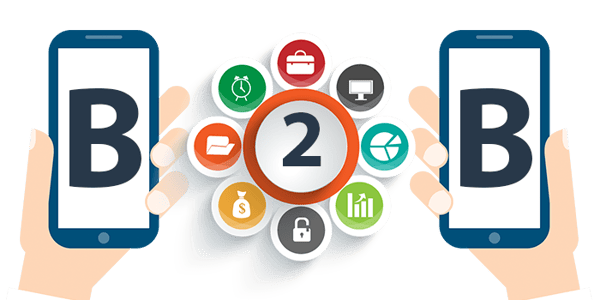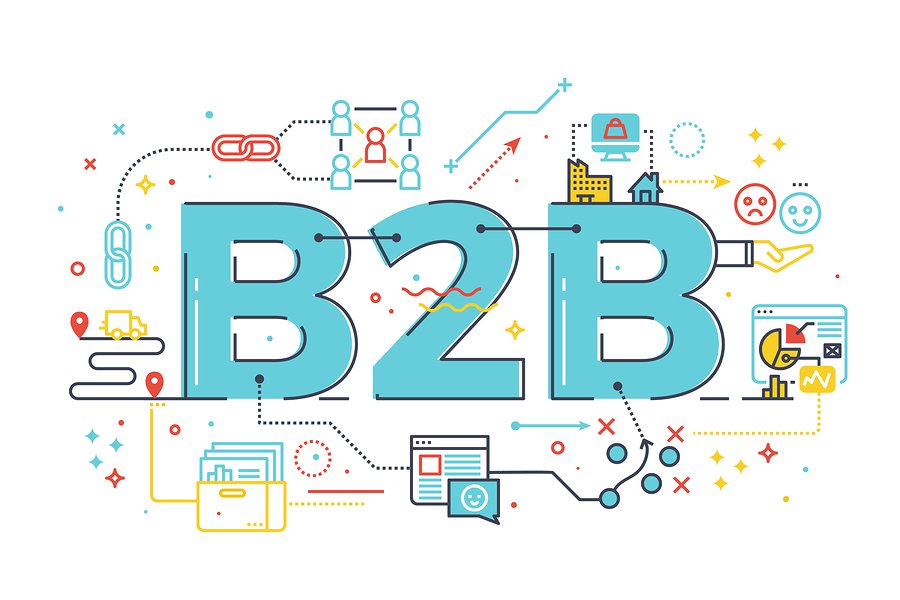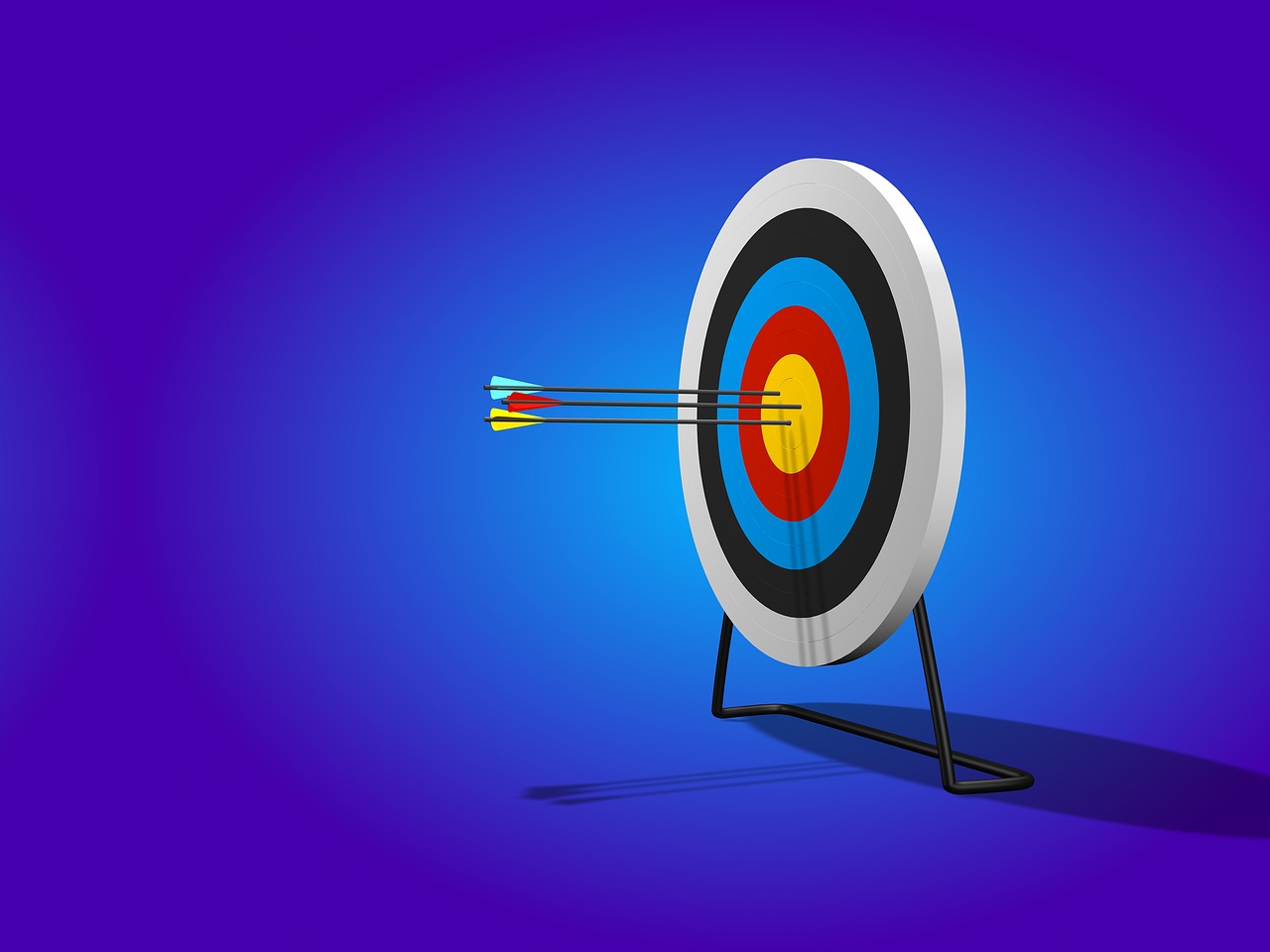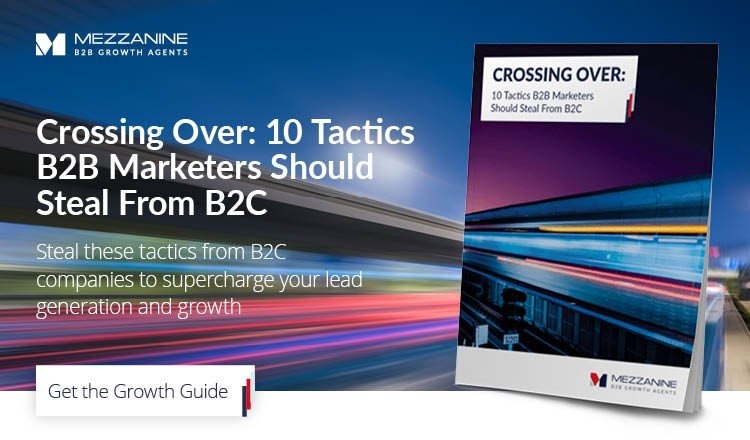What Does 'B2B' Mean?

Do you ever use an acronym so often that you forget it’s an acronym? That happens in B2B.
'B2B' stands for ‘business-to-business’.
Sometimes it appears as 'BtoB', or 'B-to-B'. Those are all the same thing.

What Does 'B2B' Mean?
Business-to-business, or B2B, is a type of business. It describes companies who sell their products and services to other companies rather than to individuals.

When people think of companies, the most famous and common names that come to mind are usually consumer companies.
Think Walmart, KraftHeinz, McDonald’s, Honda and Hilton.

Those companies are predominantly B2C (business-to-consumer) companies.
They sell to individuals. (Predominantly, because most of those large consumer companies also have divisions that focus on selling to businesses. For example, Honda sells mainly to individuals through dealerships, but they also sell fleets to companies. The latter is B2B.)
What’s it like to run the B2B division in a major B2C company? It’s tough!
Read about some ways to succeed in How to Run a B2B Division in a B2C Company.
Companies like Google are particularly interesting because of their B2B and B2C cross-over. Google is famous for the service it delivers to individuals looking for information – a decidedly B2C focus. But it makes its money by selling services to companies who pay for advertising – a B2B orientation.
Can you ‘borrow’ ideas from B2C and apply them in B2B? Yes!
Read 5 Lessons B2B Marketers Can Take from B2C.
Are there differences between B2B and B2C companies?
Absolutely. Especially when it comes to marketing.
Here are a few of those differences:
- Buying in B2B is a complicated undertaking.
There are usually 3 or more stakeholders involved in a B2B purchase, while in B2C there is often only one person to convince.
So when it comes to marketing, B2B companies have to address the needs of all stakeholders involved in the purchase in order to secure a sale. This means having messages that will resonate for each different type of buyer. - The ticket prices in B2B are higher.
B2B purchases are often tens of thousands of dollars.
But the vast majority of consumer decisions are under $100.
So B2B companies need to provide a lot of information in order to gain the trust and build confidence among buyers. B2B marketing is more often about education than about promotion (which is the norm for B2C marketing). - There are billions of consumers. But far fewer businesses.
While a consumer company needs to market to the masses, a B2B company needs to target the exact right buyers.
TV commercials and billboards rarely make sense for B2B companies – they need to be much more focused with their marketing.
B2C marketers often are adept at mass tactics. They know how to spend millions of dollars to raise awareness among the mainstream market. That isn’t the reality for B2B companies, as few have large marketing budgets.
For more comparisons between B2B and B2C marketing, read Key Differences Between B2B and B2C Marketing.
What's the key difference in B2B marketing and B2C marketing?

B2B marketers are expert at developing information and messages that will resonate with their target customers, they can ensure their messages are laser focused on getting through to the right buyer, and they understand how to nurture relationships over time and build confidence among prospects.
Certainly B2C marketers can have these skills, but if they haven’t done it before, it can be a steep learning curve.
If your company is B2B, make sure the marketing you’re doing makes sense, and isn’t a shaky translation from the B2C world.
Want more resources on the differences between B2B and B2C?
- Sales: Canadian Professional Sales Association: Differences Between B2B and B2C Sales
- Business Systems: Differences Between B2C and B2B in Business Systems
- Marketing: 10 Key Differences in B2B vs B2C Marketing
.png?width=2361&height=488&name=Mezzanine%20Logo_Horiz_RGB_on%20blue%20(1).png)

